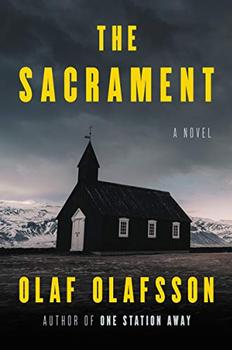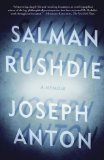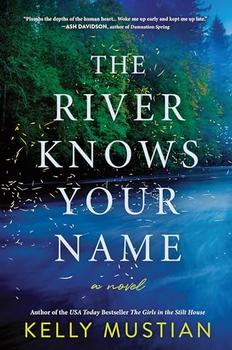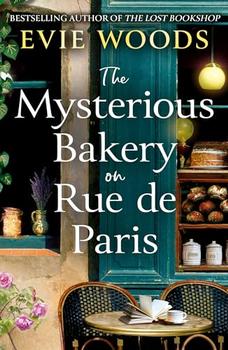Summary | Excerpt | Reading Guide | Reviews | Beyond the book | Read-Alikes | Genres & Themes | Author Bio

A spellbinding tale of disparate yearnings – for love, art, power, and God – set in a remote Turkish town, where stirrings of political Islamism threaten to unravel the secular order; by the winner of the 2006 Nobel Prize for Literature.
From the acclaimed author of My Name Is Red comes a spellbinding tale of disparate yearnings–for love, art, power, and God–set in a remote Turkish town, where stirrings of political Islamism threaten to unravel the secular order.
Following years of lonely political exile in Western Europe, Ka, a middle-aged poet, returns to Istanbul to attend his mother's funeral. Only partly recognizing this place of his cultured, middle-class youth, he is even more disoriented by news of strange events in the wider country: a wave of suicides among girls forbidden to wear their head scarves at school. An apparent thaw of his writer's curiosity–a frozen sea these many years–leads him to Kars, a far-off town near the Russian border and the epicenter of the suicides.
No sooner has he arrived, however, than we discover that Ka's motivations are not purely journalistic; for in Kars, once a province of Ottoman and then Russian glory, now a cultural gray-zone of poverty and paralysis, there is also Ipek, a radiant friend of Ka's youth, lately divorced, whom he has never forgotten. As a snowstorm, the fiercest in memory, descends on the town and seals it off from the modern, westernized world that has always been Ka's frame of reference, he finds himself drawn in unexpected directions: not only headlong toward the unknowable Ipek and the desperate hope for love–or at least a wife–that she embodies, but also into the maelstrom of a military coup staged to restrain the local Islamist radicals, and even toward God, whose existence Ka has never before allowed himself to contemplate. In this surreal confluence of emotion and spectacle, Ka begins to tap his dormant creative powers, producing poem after poem in untimely, irresistible bursts of inspiration. But not until the snows have melted and the political violence has run its bloody course will Ka discover the fate of his bid to seize a last chance for happiness.
Blending profound sympathy and mischievous wit, Snow illuminates the contradictions gripping the individual and collective heart in many parts of the Muslim world. But even more, by its narrative brilliance and comprehension of the needs and duties
Orhan Pamuk was born in 1952 in Istanbul, Turkey and, other than a couple of years in New York, has lived all his life in Istanbul. He started to write regularly in 1974, and his books have been translated into about 20 languages. I believe Snow is his seventh book, but only his fifth to be translated into English. Previous books are The White Castle, 1991 (Beyaz Kale), The Black Book, 1995 (Kara Kitap), New Life, 1997 (Yeni Hayat) and My Name Is Red, 2001. The words in brackets are the titles of the particular books in Turkish; the dates are the USA publication ...
This "beyond the book" feature is available to non-members for a limited time. Join today for full access.

If you liked Snow, try these:

by Olaf Olafsson
Published 2020
The haunting, vivid story of a nun whose past returns to her in unexpected ways, all while investigating a mysterious death and a series of harrowing abuse claims.

by Salman Rushdie
Published 2013
How do a writer and his family live with the threat of murder for more than nine years? How does he go on working? How does he fall in and out of love? How does despair shape his thoughts and actions, how and why does he stumble, how does he learn to fight back? In this remarkable memoir Rushdie tells that story for the first time; the story of one...



Polite conversation is rarely either.
Click Here to find out who said this, as well as discovering other famous literary quotes!